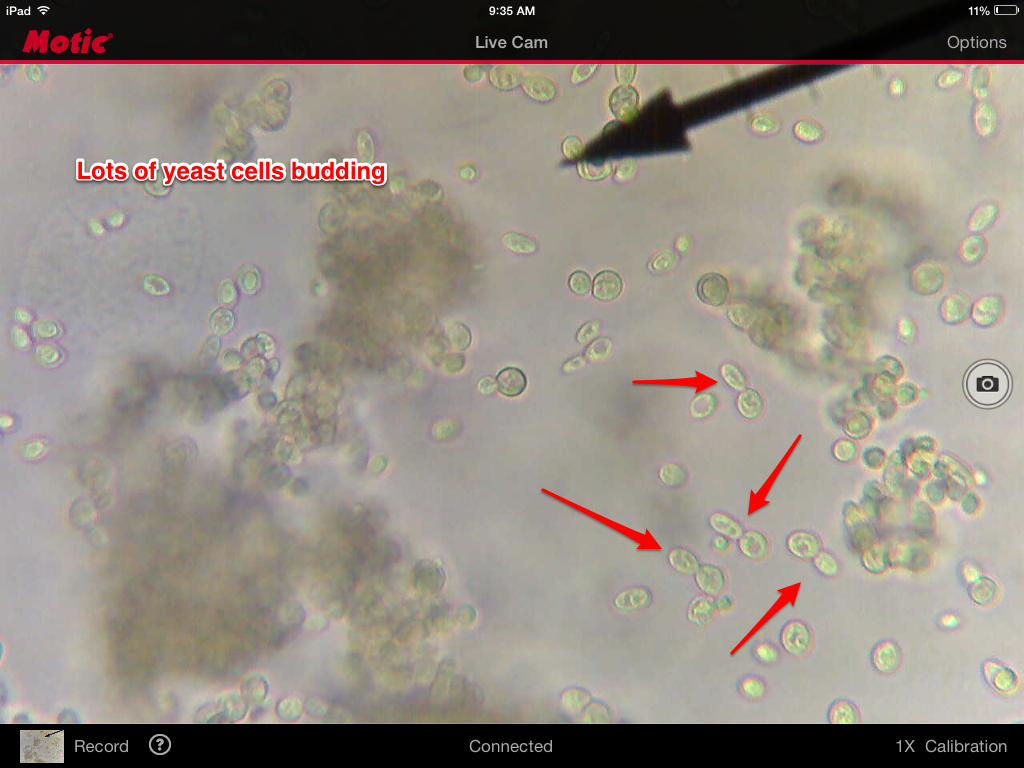There are lots of pieces to Literacy in Science. Some of it is just regular reading and writing (do you understand what the text is about?) but the more sophisticated part is evaluation. How valid is the claim or results that the author is describing? What personal or cultural biases might be influencing results or interpretation? Remember, "science is meant to be objective, but it is practiced by humans, who are not objective."
Choose a recent (within last year) article describing a study within Biology (health and medicine, climate, environment, biodiversity, cells, etc.). You can choose an article directly from a journal, such as Science or Nature (if you can access the whole thing), or an article from the science section of a popular publication, such as the New York Times.
Your assignment:
1. Read the article. (Click
here for instructions on turning any article into a PDF using Printfriendly.com, in case you want to mark it up in Notability). Read it for comprehension and to evaluate the validity of the results.
2. Write a 2-3 paragraph summary of the article. Briefly describe the methodology and results. Discuss any factors that might affect the validity of the results.
3. Drag your document into the Drive folder you shared with me (a few of you haven't made your folder yet!). Then, copy the link and go
here to turn it in. Save this link for future use.
**Almost forgot- please return your signed safety contract as well**
Due by the start of the next class meeting (Monday the 8th for both sections).
Here, this should help you get started (from compoundchem.com)

